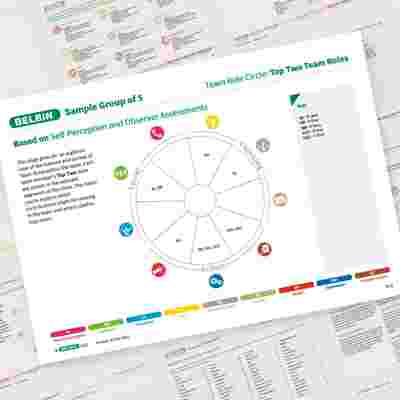As a manager, do you ever:
- Spend more time managing people than doing your own work?
- Struggle with tension or conflict between team members?
- Wonder if everyone is clear on their role?
- Find delegation more difficult than it should be?
You're not alone.
Research shows that a manager’s talent is the single biggest factor in team performance, and 70% of the variance in employee engagement is directly linked to how managers lead.
But all too often, managers are left to figure it out alone – and their engagement is suffering as a result.






